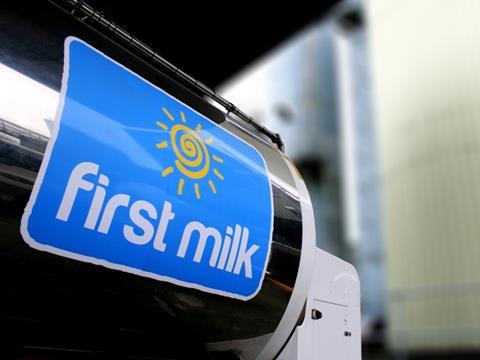
Dairy co-op First Milk has reported a big jump in revenues for the year to 31 March 2022. However, profits fell on the back of “rapidly rising costs”.
The supplier – which makes own-label cheese for Tesco via its strategic partnership with Ornua and also sells dairy products to Nestlé through a second long-term tie-up – saw group turnover rise by 11% to 331m, according to its annual report.
The increase was put down to a combination of volume growth and increased value, with First Milk noting how it had sealed new long-term contracts with Ornua and Nestlé during the financial period. It had also grown exports, it added.
Net asset value increased by 28% (or £10.6m) to £48.7m as a result of an ongoing delivery of profit, improved pension position and capital expenditure – which doubled to £14.9m. This delivered “additional processing capacity and improving efficiency”, First Milk said.
But operating profit before exceptional items fell by £3m (or 37%) to £5.1m, in what CEO Shelagh Hancock described as a “challenging year”.
First Milk’s report pointed to inflationary pressures, a loss-making performance at its Lake District biogas plant and an “urgent need to return milk price to members as soon as possible to offset increasing costs on farm” as the key drivers of its fall in profits.
“Our strategic objective is to improve total returns to our farmer members, including milk price,” it added. “By March 2022 we had increased our member milk price by 5.8ppl, equivalent to paying out almost £50m annually compared to April 2021.”
And despite the challenges faced by the sector, Hancock stressed the business was in good shape.
“There is no shying away from the realities of the global challenges we all face. However, I am confident First Milk is well positioned and will continue to deliver for our members,” she said.
“We have great customer relationships; a growing export business; efficient, well invested production sites, a market-leading sustainability programme and, of course, some of the best dairy farmers in the world. That is a great foundation for future success.”







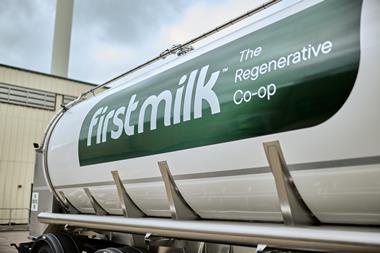
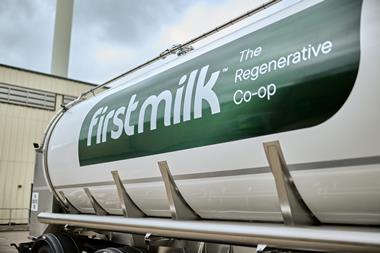
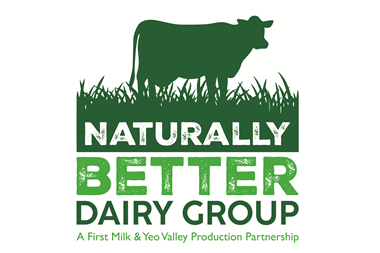
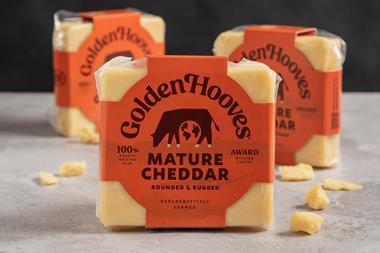
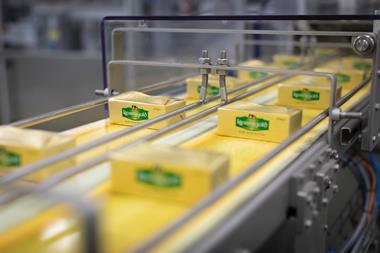
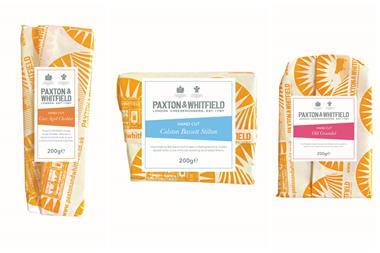






No comments yet